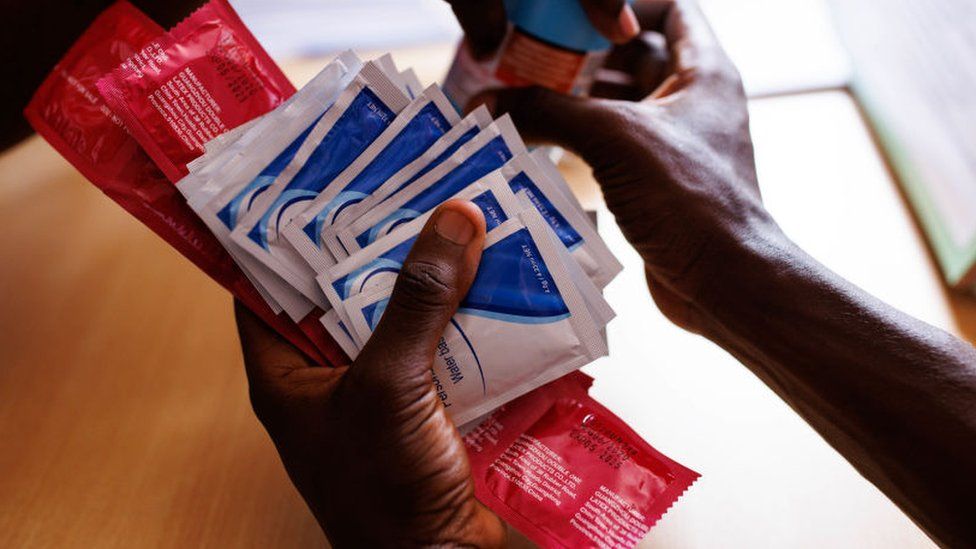-

-
-
Loading

Loading

Lawmakers in Uganda have rejected a government proposal to allow 15-year-old girls to access birth control pills in order to reduce high rates of teenage pregnancy. The Deputy Speaker, Thomas Tayebwa, criticized the idea, calling it "devilish" and arguing that it would encourage the abuse of young girls. A senior health ministry official disagreed, stating that the stigma surrounding young people using contraceptives should be eliminated. According to a survey, nearly a quarter of 15- to 19-year-old girls in Uganda are either pregnant or already mothers, with rates increasing significantly during the Covid-19 lockdown when schools were closed for an extended period. During a heated parliamentary debate, MP Lucy Akello questioned whether the proposal amounted to lowering the age of consent from 18 to 15. She expressed concerns about the offer of contraceptives to young girls, describing it as alarming. Akello stated that she personally did not use contraceptives, instead relying on natural methods. In response to the debate, the Primary Healthcare Minister, Margaret Muhanga, clarified that the proposal had not been approved by the government but was put forward by a senior medical officer. Muhanga argued that it was better to provide access to contraceptives than to see children becoming pregnant and risking their lives during childbirth due to lack of support. A senior medical officer, Dr. Charles Olaro, emphasized that access to reproductive health information is a fundamental right and should be available without stigma or discrimination. However, the deputy speaker strongly opposed the proposal, asserting that it should not even be considered. Uganda is a predominantly religious society, and religious leaders have also voiced their opposition to the proposal, suggesting that teenagers should simply abstain from sex.